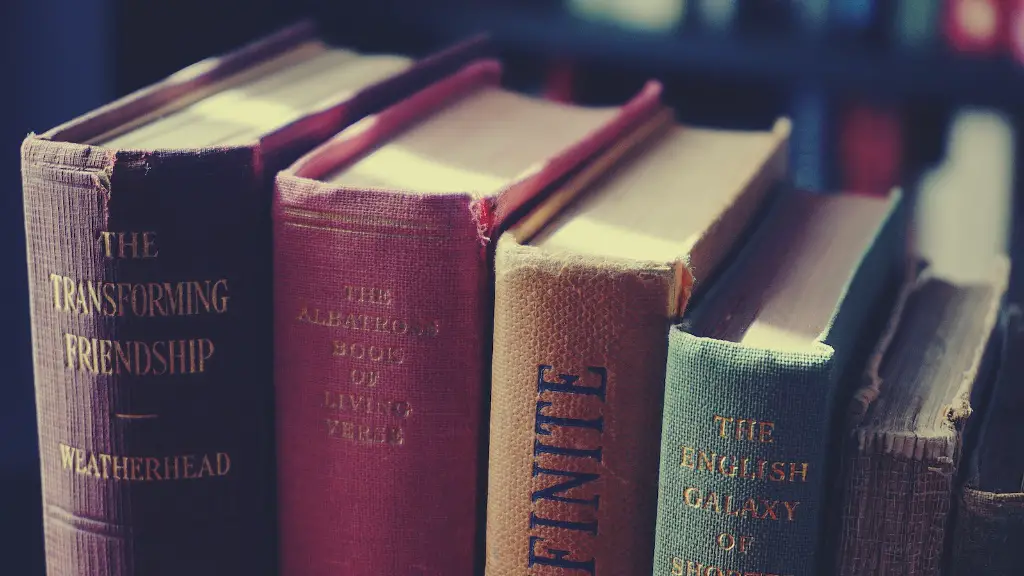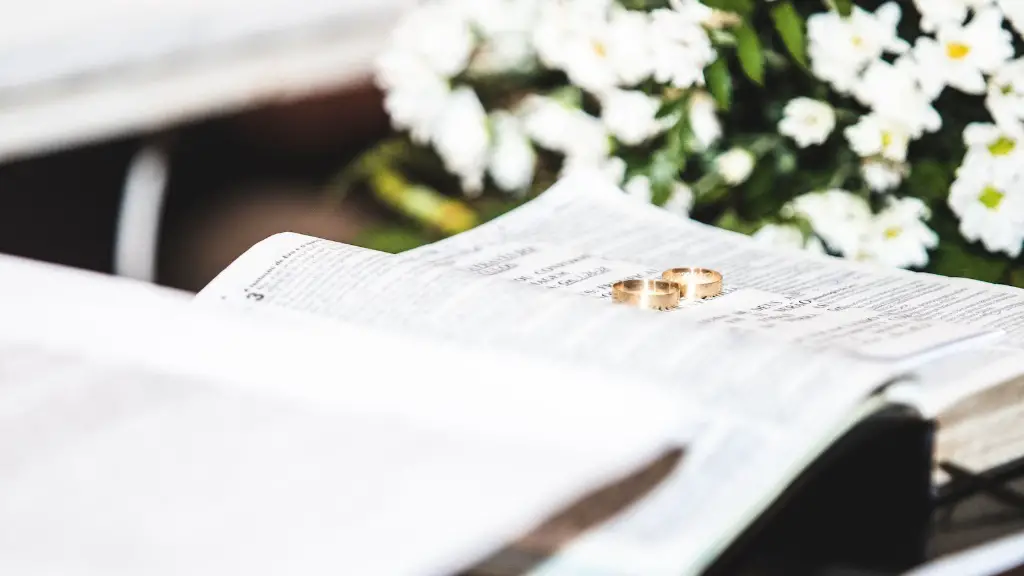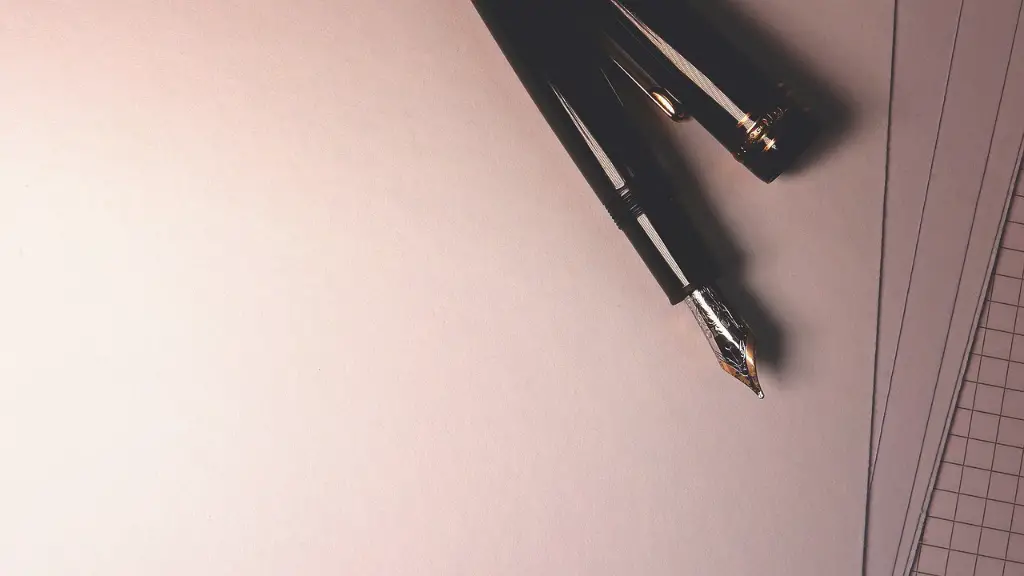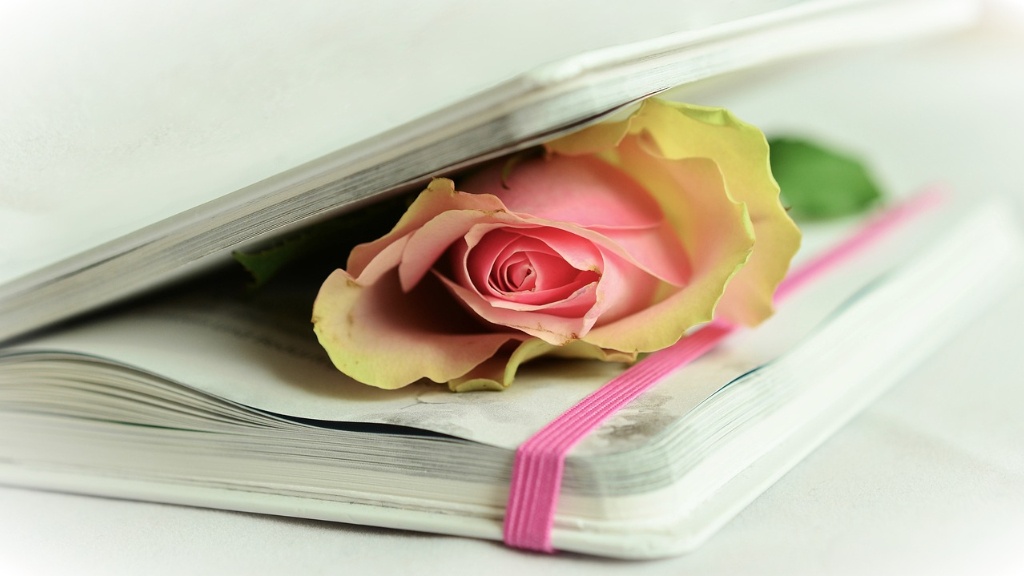History of African American Poetry
African American poetry has a long and complex history. Its roots go back to the oral traditions of African people who were forcibly brought to the Americas as slaves. As a result, the poetry of its early ancestors was largely composed of songs and stories performed by spiritualists, healers, and storytellers. Many of these songs and stories incorporated elements of African folklore and religious iconography. This tradition of oral storytelling became an integral part of African American culture and eventually evolved into the written verse of modern African American poets.
In the 19th century, African American poetry began to formally emerge. Many of its earliest practitioners, such as Phillis Wheatley, wrote poems that explored themes of slavery, freedom, and faith. These works were often met with criticism and skepticism due to their involvement with a traditionally silenced and oppressed group. Nevertheless, African American poetry continued to develop, albeit slowly, throughout the late 19th and early 20th centuries.
In the mid-20th century, the advent of the Harlem Renaissance saw a resurgence in African American poetry. This period marked a flourish of creativity among African American writers, poets, and other artists. Poets such as Langston Hughes, Gwendolyn Brooks, and Countee Cullen wrote about diverse topics including race and inequality, love, and the need for social justice. Their work opened the door for a new wave of African American voices in the arts.
Today, African American poetry is alive and thriving. From slam poets to spoken word artists, African American voices echo in poetry readings, publishing houses, and classrooms throughout the country. Many of these poets pay homage to their literary forbears while creating a distinctly modern African American style. Writers like Natasha Trethewey, Terrance Hayes, and Tracy K. Smith have explored issues such as feminism, racial identity, and the American Dream.
These contemporary authors prove that the spirit of African American poetry is alive and thriving in the 21st century. Through their works, these poets create powerful works about the beauty and complexity of the African American experience.
Rhyme and Meter in African American Poetry
African American poetry is known for its distinctive use of language and poetic meter. Rhyme is often used to emphasize certain lines or add a melodic quality to the poem. Traditional poetic meter is also often employed, especially in works from the 19th century. For example, many African American poets use iambic pentameter, which is a type of meter consisting of five iambs (stressed-unstressed syllable pairs) per line.
However, African American poets typically do not adhere to traditional rules of meter and structure. Instead, they prefer to experiment with creative forms and structures. For example, Langston Hughes’s poem “Mother to Son” is written in a form known as a “free verse,” which is a poetic form that is not bound by any set meter or structure. This type of form allows African American poets to experiment with language and expression in a unique and creative way.
In addition to experimentation with different forms of poetry, many African American poets also opt to use a more conversational tone. This style of writing creates an intimacy between the poet and the reader. By utilizing language that is more familiar, these poets can create something that is both personal and accessible.
By combining creativity with traditional poetic meter and rhyming schemes, African American poets have created a unique and powerful type of poetry. Through their works, these poets provide a powerful and often emotive way to explore the African American experience.
Influence and Impact of African American Poetry
African American poetry has had a profound influence on many aspects of American culture. From rock and roll to hip-hop, African American poets have had an undeniable impact on music. Music genres such as jazz, blues, and gospel owe much of their lyrical content to African American poets. Phenomena such as rap and spoken word have been hugely popularized by African American poets. Other genres such as spoken word and performance poetry are also rooted in African American poetic traditions.
Beyond its impact on music, African American poetry has had an immense influence on literature. African American poets such as Toni Morrison, Maya Angelou, and James Baldwin have broken barriers and made remarkable accomplishments in the literary world. Their works have illuminated the beauty and complexity of the African American experience and have shown that the voices of African American writers are far too often silenced.
African American poetry has also had a major influence on activism and civil rights. Many African American poets have used their works to explore themes of oppression, racism, and injustice. Through their words, these poets have been able to bring awareness to very real and pressing issues facing many African Americans. These poets have not only addressed issues of injustice, but they have also provided hope, solace, and strength to those who suffer from these injustices.
In short, the influence and impact of African American poetry is undeniable. These poets have provided a powerful platform for self-expression and for meaningful discourse on some of the most pressing issues facing African Americans today.
Themes in African American Poetry
African Americans poets explore a wide range of topics in their writing. Common themes explored in African American poetry include identity, race, culture, religion, and family. These poets also often explore themes of love, loss, and struggle. There are no boundaries placed on the topics that these poets explore, and they often use their works to make social and political commentaries.
Leading African American poets such as Gwendolyn Brooks and Langston Hughes have used their work to explore autobiographical themes. These poets often write about their own experiences with race, identity, discrimination, and equality. These works can be both inspirational and heartbreaking, as they allow readers to explore the very real struggles that African Americans face.
In addition to examining autobiographical themes, African American poets also often employ humor and irony to explore difficult topics. Satire and sarcasm are often used to explore issues such as racism and discrimination. By utilizing humor or irony, these poets remind us of the absurdity of issues such as racism and the need for a deeper understanding and acceptance of diversity.
At the same time, many African American poets use their work to explore universal themes such as love, grief, and faith. Whether it is in the form of a love poem or an exploration into one’s spiritual beliefs, these poets often use their works to provide an honest and powerful insight into the human condition.
Modern Day African American Poets
Today, there are a variety of African American poets who have made their mark on the literary world. Authors such as Terrance Hayes, Natasha Trethewey, and Tracy K. Smith have published critically acclaimed works. These works have explored a wide range of topics, from racial identity to feminism to the American Dream. By utilizing both traditional and experimental forms, these poets have created powerful works of literature.
At the same time, there are also a variety of African American slam poets, spoken word artists, and hip-hop artists who have been heavily influenced by African American poetry. Rap and hip-hop have both been majorly impacted by African American poets. Rappers such as Jay-Z, Kanye West, and Lauryn Hill have all incorporated elements of poetry into their works. Through their words, these musicians provide an insight into the African American experience.
In short, African American poetry is alive and well in the 21st century. From performance poetry to hip-hop songs, African American poets continue to create powerful works about the beauty of the African American experience.
Style and Structure of African American Poetry
African American poetry is renowned for its unique style and structure. These poets often incorporate elements of traditional poetic forms while also experimenting with new structures and structures. Free verse, rap and spoken word, and performance poetry are all forms of African American poetry.
These poets also often employ a conversational tone and make use of familiar language. This can help to create an intimacy and connection between the poet and the reader. By utilizing language that is more accessible, these poets can help to engage audiences while exploring important topics.
At the same time, many African American poets also explore serious topics. These poets often write about issues such as racism, oppression, and the need for social justice. By employing both humor and irony, these poets often remind us of the absurdity of racism and injustice and call us to action.
Ultimately, African American poetry is defined by its distinctive language, poetic meter, and structures. Through their works, these poets create powerful and emotive works that help to explore the African American experience.
Conclusion
African American poetry has been an integral part of African American culture for centuries. Its roots go back to the oral traditions of African people who were brought to the Americas as slaves. Since then, African American poetry has blossomed into a powerful form of expression, one that has had a major impact on music, literature, and activism. Themes such as identity, love, and struggle are often explored in African American poetry, and the form has been tailored by a variety of poets and performers to achieve a unique style.
African American poetry is indeed alive and well in the 21st century. From major publishing houses to tiny slam poetry venues, there is a wealth of African American poets creating powerful works every day. Through their words, these poets help to bring awareness to important issues while also exploring the beauty and complexity of the African American experience.





